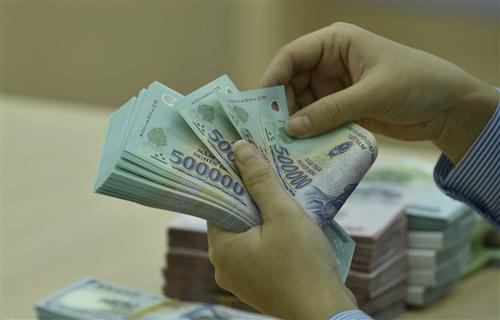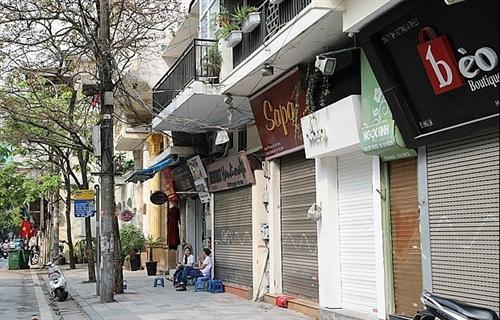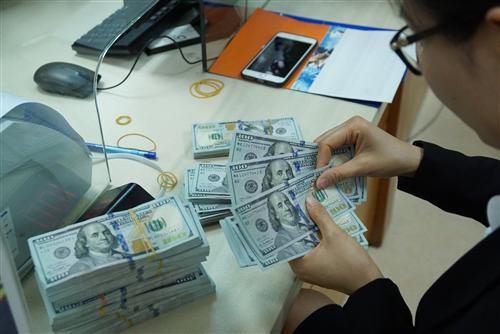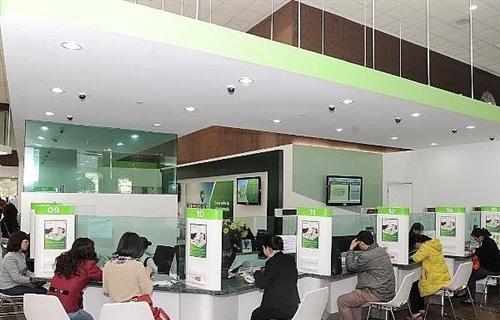Banking sector to cash in on benefits from EVFTA
Banking sector to cash in on benefits from EVFTA
The Vietnamese banking sector, now undergoing drastic restructuring, will have more opportunities to improve its financial capacity as well as learn modern business models and management from their European partners after the EU-Vietnam Free Trade Agreement (EVFTA) takes effect, according to insiders.
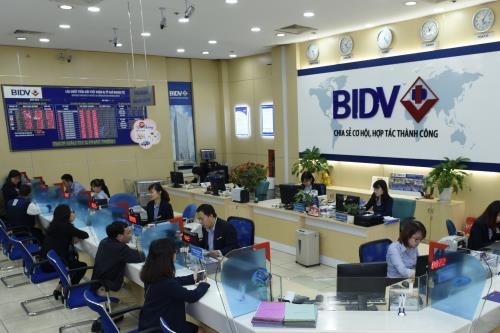
The Vietnamese banking sector, now undergoing drastic restructuring, will have more opportunities to improve its financial capacity when EVFTA takes effect - Photo: VNA
|
The Vietnamese banking sector, now undergoing drastic restructuring, will have more opportunities to improve its financial capacity as well as learn modern business models and management from their European partners after the EU-Vietnam Free Trade Agreement (EVFTA) takes effect, according to insiders.
The sector will become more attractive to European investors than ever before as Vietnam has pledged to allow them to hold up to 49 percent of charter capital at two Vietnamese banks. The maximum rate of foreign ownership is now capped at only 30 percent. The offer will be applicable to only joint stock banks, excluding BIDV, Vietinbank, Vietcombank and Agribank, in five years. European credit institutions must comply with Vietnam’s regulations on procedures for mergers and acquisitions, as well as safe and competitive conditions, comprising limits on shareholding rate for individual and institutional investors on the basis of national treatment.
Currently, the stake owned by an individual foreign investor in a Vietnamese bank is capped at 5 per cent and the maximum rate for a foreign institutional investor, 15 per cent. Experts said that more European investors will jump into the Vietnamese banking sector in the time ahead, attracted by heightened foreign ownership rates at local banks. According to a representative from the Vietnam Investment Securities Company, larger room for foreign investors will undoubtedly help Vietnamese joint stock banks access to a large amount of capital while expanding their credit activities, especially in the context that the loan-deposit rate at commercial banks is limited at 85 percent.
In addition, the banks will be able to access effective management apparatus of their European partners who have considerable management experience and are applying international regulatory accord of Basel III and moving towards Basel IV. Experts believed European investors will eye those banks which have some good criteria, such as clearing bad debts, focusing on core credit activities and meeting the State Bank of Vietnam’s standards.
To date, local banks allowed to expand room for foreign ownership remain unknown. There are 16 Vietnamese banks completing adoption of Basel II standards, namely Vietcombank, MB, Techcombank, ACB, VIB, MSB, HDBank, OCB, TPBank, VPBank, VietBank, SeABank, Nam A Bank, LienvietpostBank, BIDV and Viet Capital Bank.







